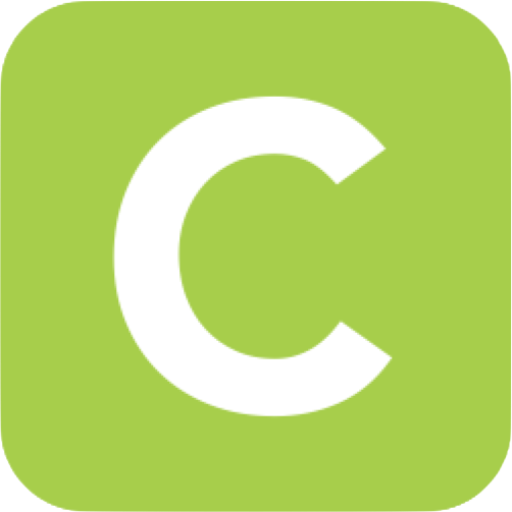03 Jul Train your Brain for Job Search Success
As a recovering neuroscientist, I love applying research from cognitive science and neuroplasticity insights to help job seekers reach their goals faster. My passion is to do so with emerging leaders who want to secure jobs that blend financial rewards with social impact and environmental sustainability.
During my first conversation with job seekers, I often hear “I have applied for hundreds of jobs.” They know it is counterproductive (they don’t get invited for interviews) but they keep doing it. Why is that?
Our brain is wired to allocate its limited cognitive resources to reach goals with minimal effort. Hence, if you believe that job search success is all about applying for jobs, you feel good after each online applications you submit.
In contrast, effective job seekers see submitting applications as part of the bigger picture. They define job search success as getting a job offer. This small mindset difference leads to significant behavioral changes and, ultimately, job search success.
Another key aspect of your job search success is whether you adopt “to-go” or “to-date” thinking strategies. Studies from Professor Fishbach at the University of Chicago showed that people who tend to focus on what they have left to do (to-go thinking) to achieve their goals are more likely to reach their goals than people who focus on what they have already accomplished (to-date thinking). We all use both types of thinking every day. For example, a cyclist on the Tour de France can think about the miles already covered or the ones remaining on this leg of the race. A manager aspiring to become an executive can focus on the number of promotions needed to achieve C-level responsibility, or on the number of promotions already received.
Job seekers who anchor their job search goals around applying online and use to-date thinking will focus on how many applications they have submitted. Applying online feels good, especially if you are achieving your goal (e.g. applying online), and adopt to-date thinking (I have applied for hundreds of jobs).
In contrast, the most effective job seekers use to-go thinking to reach their goal of getting a job offer. The behavior of applying online becomes a step towards that bigger goal. They apply for fewer jobs but take steps beyond applying online to get to their bigger goal.
Have you been a victim of to-date thinking in your job search? If so, here is a way to train your brain for job search success. Remind yourself that your goal is to get an offer, and keep doing the following until you reach your goal:
Keep track of your activity. Create a tracking sheet (or use specialized software such as careershift or JibberJobber), to track your activities for each job application you have submitted this last week. Organize your search tool by organization, and use it to keep track of any networking activity, job application, and job searching activity with that organization.
Blend networking with applications. What can you do to leverage your network to convert your application into an interview? Who can you follow up with to ensure that your application has been received and considered? Using proactive and reactive search strategies can make all the difference in converting your applications into interviews.
Tailor interview answers to showcase culture fit. Hiring managers can sniff a canned answer from miles away. If you are answering interview questions the same way in different employers for different jobs, you are doing it wrong. Tailoring your interview answers to showcase how your past results and your skills fit within each employer’s culture is key to convert your interview into an offer.
Remain pleasantly persistent after interviews. Yes, you are close to the finish line. You aced the interview, and they don’t get back to you, you are anxious to get this over with. Remaining pleasantly persistent with your sponsors, interviewers, and contacts within the organization might be the linchpin to converting your interview into an offer.
Keep adopting this approach for each job until you (1) get an offer, (2) hear that they have hired someone else, or (3) learn from a reputable source that the position has been withdrawn.
Keep in mind that your goal is to get offers, and switch to to-go thinking, you will be surprised by how fast you can train your brain for job search success.
An earlier version of this post was published via my LinkedIn profile.


